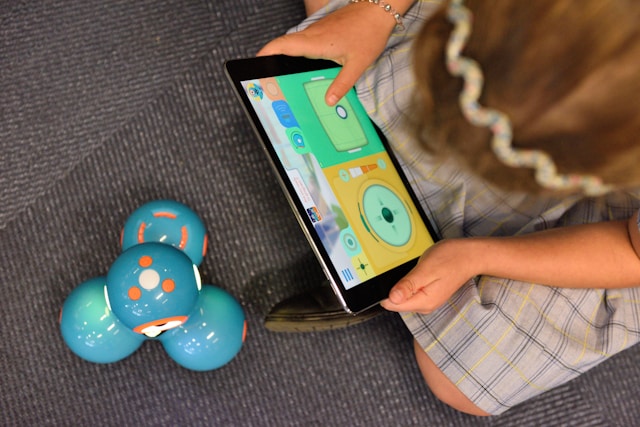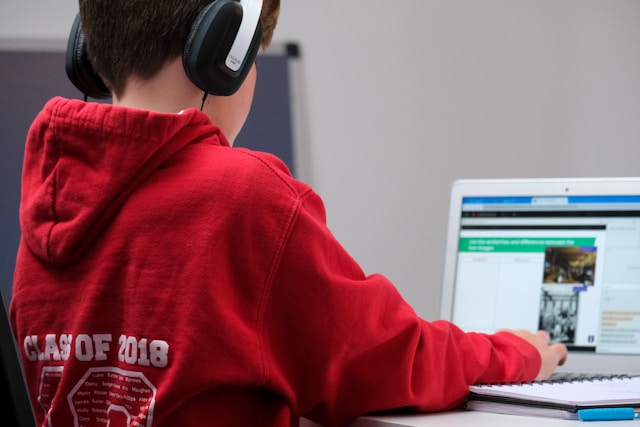
The early years of a child’s life, often referred to as the “golden age,” are not merely a poetic phrase but a scientifically recognized critical period. From birth to about six years old, a child’s brain undergoes rapid growth, forming millions of new neural connections. This period is crucial for early childhood development, laying the foundation for future learning and well-being. Understanding and maximizing this golden age is essential for parents, educators, and caregivers to foster well-rounded development.
The “golden age” in child development is marked by several unique characteristics. During these critical early years, a child’s brain grows at an unparalleled rate. Proper stimulation during this time can profoundly impact a child’s cognitive, emotional, and social abilities. Experiences and interactions lay the groundwork for all future learning and development, making these years foundational. Additionally, children are particularly receptive to acquiring new skills and behaviors during this period, making it an optimal time for learning language, motor skills, and social behaviors.
Cognitive development during the golden age is particularly striking. Children learn to think, problem-solve, and remember at an accelerated pace. Engaging in activities like reading books, singing songs, and playing with blocks and puzzles can significantly enhance these skills. Reading together not only introduces new concepts but also stimulates imagination and comprehension. Singing songs and rhymes aids in memory and pattern recognition, while playing with blocks and puzzles fosters spatial awareness and problem-solving abilities. Sorting and classifying objects also encourage logical thinking and categorization, laying a solid foundation for future learning.


Language acquisition in toddlers is another critical area during the golden age. Early language skills involve acquiring vocabulary, grammar, and effective communication. Talking and singing to children regularly helps build vocabulary and comprehension. Labeling objects and actions in everyday interactions allows children to associate words with meanings, while playing vocabulary-building games stimulates language through playful engagement. Reading books and discussing the pictures further fosters language skills and comprehension, making children more articulate and expressive.
Physical growth in early years includes gross and fine motor skills, balance, and coordination. Activities such as tummy time for infants, active play outdoors, and engaging in motor skill activities are crucial. Tummy time strengthens neck and shoulder muscles, which are vital for later motor skills. Active play outdoors encourages movement and exploration, promoting physical fitness and coordination. Activities like climbing, crawling, and exploring naturally develop motor skills, while engaging in tasks that require fine motor skills, such as drawing, enhances dexterity and control.
Social skills in young children and emotional development during the golden age are equally important. Building relationships, understanding emotions, and developing self-esteem are critical components of a child’s overall growth. Playing with other children promotes social skills and cooperation, while spending time with caring adults ensures emotional security and bonding. Providing opportunities for pretend play encourages empathy and understanding of different roles, helping children navigate social dynamics. Helping children identify and express their emotions also develops emotional intelligence, making them more adept at handling social interactions and challenges.
To maximize the potential of the golden age, it is essential to create a nurturing and stimulating environment. Quality interactions are paramount; spending meaningful time engaging with your child through conversations, play, and shared activities fosters cognitive and emotional development. Diverse experiences broaden a child’s understanding and adaptability, promoting well-rounded growth.
Encouraging curiosity and exploration by allowing children to ask questions and discover their surroundings provides safe opportunities for learning. Being responsive and supportive to a child’s needs builds secure attachment and confidence, while a structured routine offers security and helps children understand expectations and boundaries. Limiting screen time and prioritizing interactive and physical play further support brain development in children and social skills.


